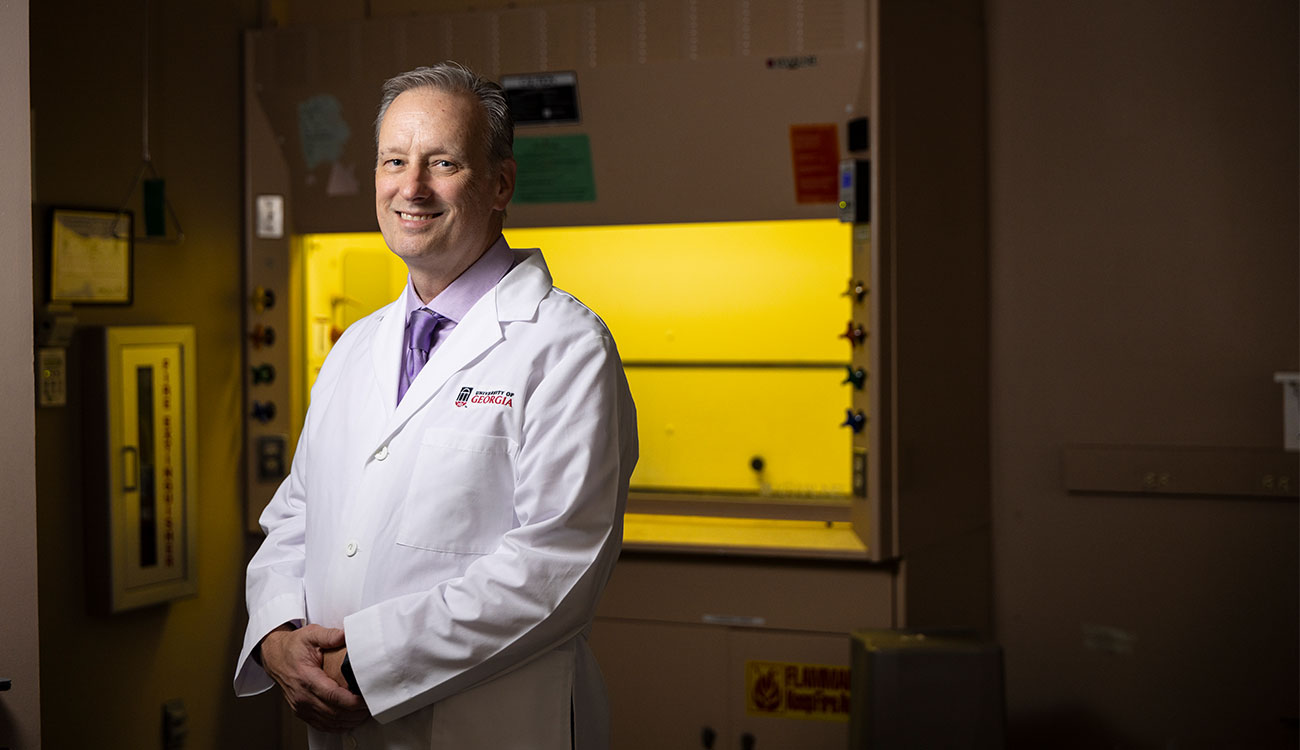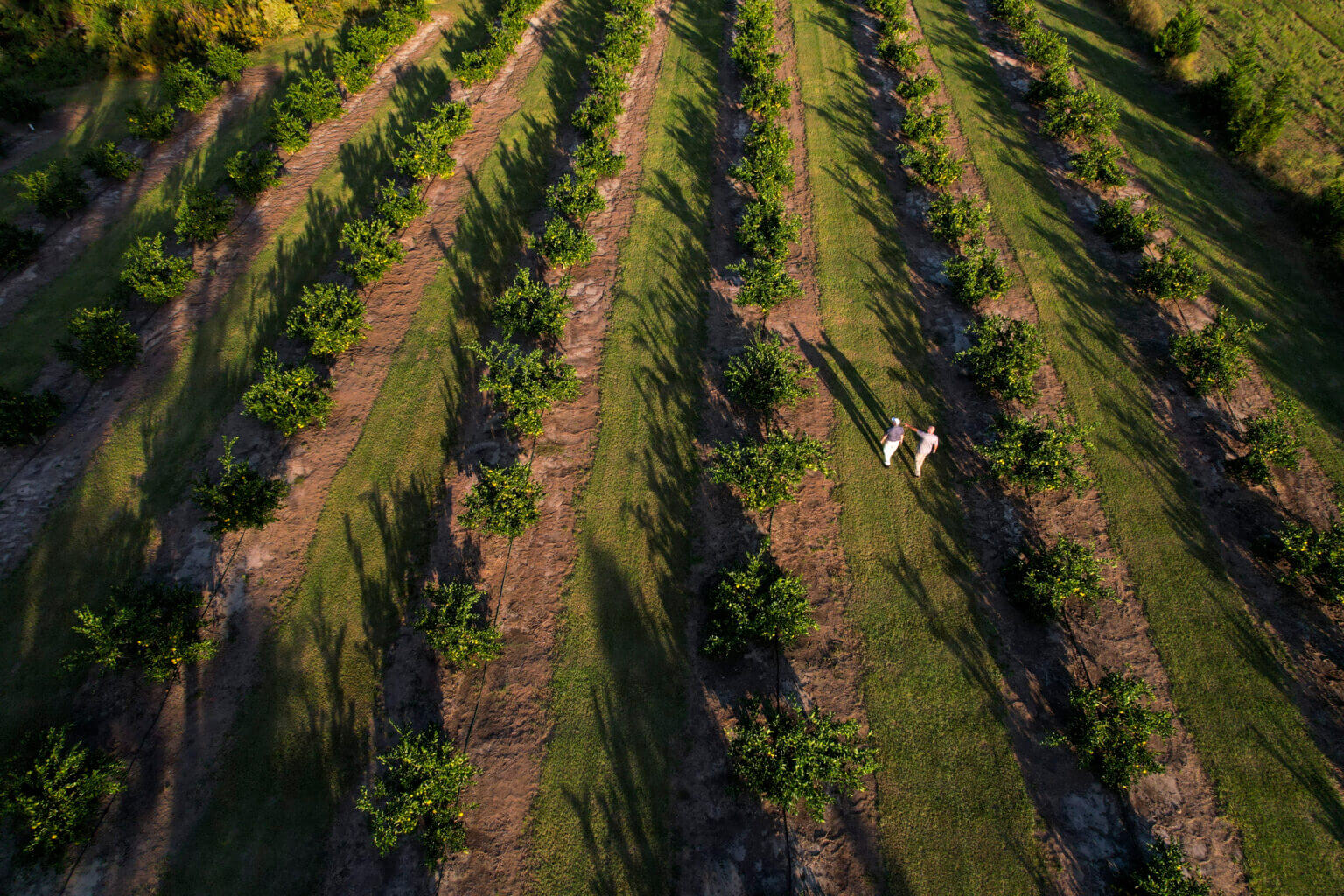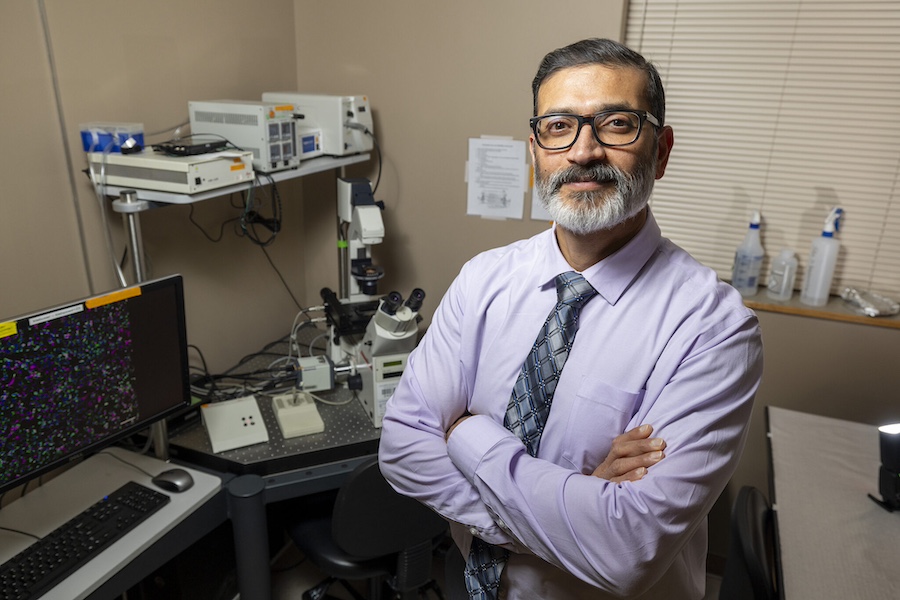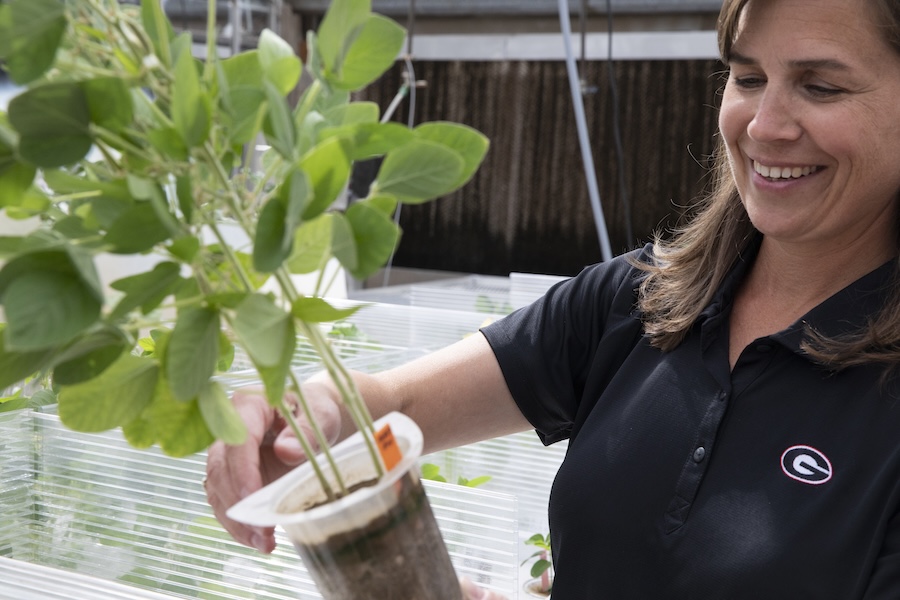University of Georgia
The one thing Stanley Kaye didn’t learn at the poultry workshop at the University of Georgia was how to protect his chicken houses from mortar attacks.
Kaye, a chicken grower from Alumim, Israel, was in Athens for the tunnel ventilation workshop. Apart from the two mortars that have smashed into his chicken houses, he said that the summertime growing conditions in Israel are similar to those in Georgia with daytime highs between 90 and 100 degrees.
“We could develop a whole new workshop on building for a war zone,” said UGA Cooperative Extension engineer Michael Czarick.
After coming to the United States solo in 2006 to learn about keeping chickens warm in the winter, Kaye brought seven other growers and two Israeli extension workers back for the hot weather workshop.
He wasn’t the only international attendee. The workshop, which gives Georgians priority, pulled participants from 15 states and nine countries. Czarick said this mix adds value to the workshop far beyond the lecture and learn structure.
“What’s nice about the diverse crowd is that there’s a lot of knowledge transferred,” he said.
Czarick, UGA poultry scientist Brian Fairchild and UGA Extension engineer John Worley have been training poultry producers, equipment dealers, service people, college students and UGA Extension agents on the ins and outs of keeping poultry cool for 11 years.
“We started the first one and thought we would do it one time,” Czarick said. The initial training was limited to broiler producers in Georgia. But the companies represented in the first workshop wanted to offer it to more of their employees. Then international groups got word.
“Though it’s a Georgia workshop, it’s the only thing of its kind in the world,” he said.
This year, the workshop covered everything from the importance of air speed in tunnel-ventilated houses to exhaust fan selection.
Faircloth’s session on managing bird migration in tunnel houses went over the importance of putting up fences in a chicken house. He explained that chickens like to move toward the wind. Keeping chickens spread evenly throughout a house to prevent heat buildup is like “herding cats, although chickens are a little easier,” he said.
Christine Maziero, a veterinarian from Concordia, Brazil, spent years using information from UGA’s College of Agricultural and Environmental Sciences on how to incorporate minimum ventilation in their poultry houses.
The workshop is “helping us to understand better all of the systems and improving our barn construction,” she said. “After being in touch with these people who have much knowledge, it’s a pleasure to be here and be exchanging information, not just from Georgia but people in other countries.”
The fall workshop on tunnel ventilation will be held in October. For more information, contact Michael Czarick at (706) 542-9041 or mczarick@engr.uga.edu.
(Stephanie Schupska is a news editor for the University of Georgia College of Agricultural and Environmental Sciences.)




.jpg)

